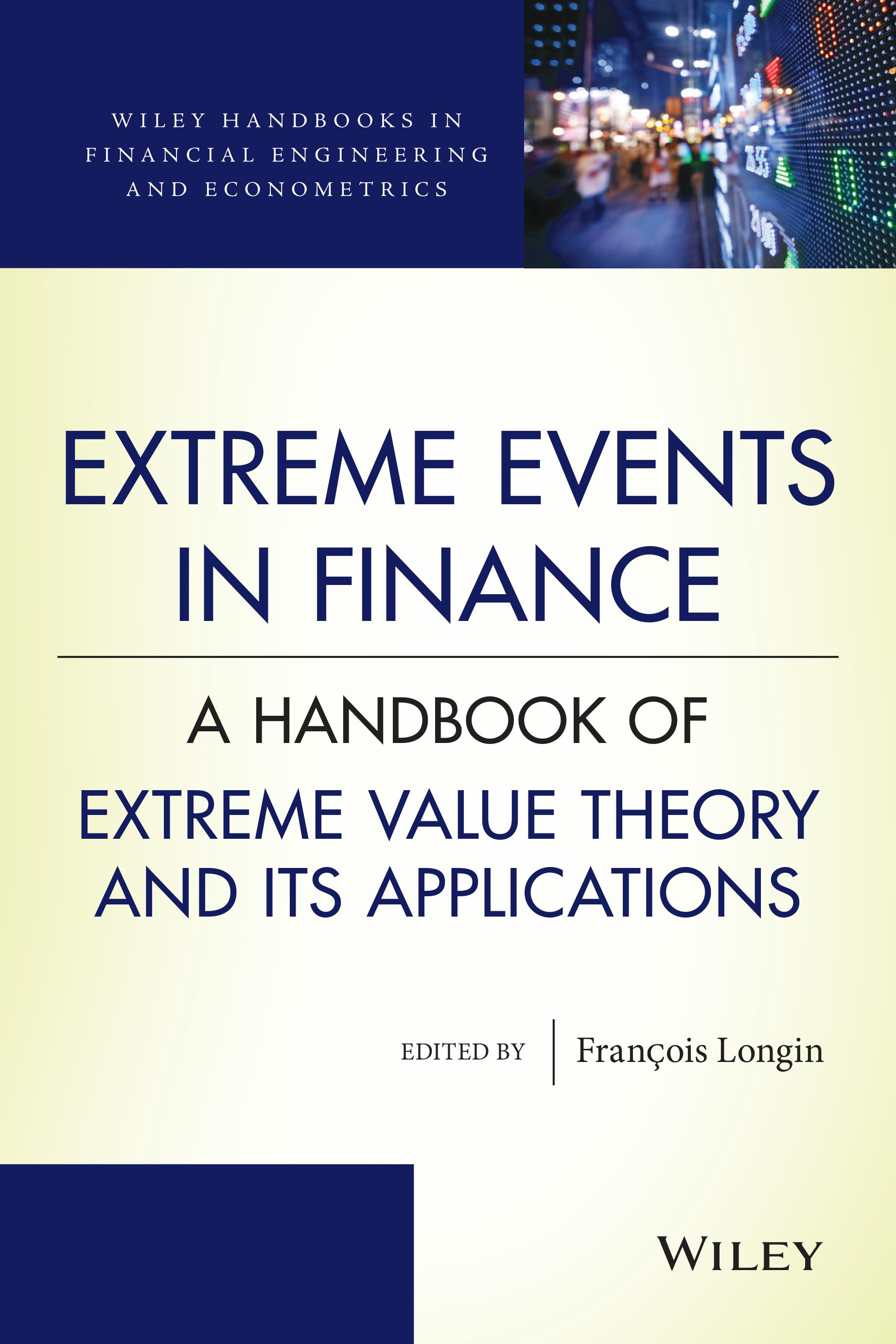Lévy processes and extreme value theory
|
||
|
The classic theory of extreme values distinguishes between small and large variations in stock exchange quantities. One of the difficulties often encountered in the practical application of this theory is the choice of a threshold beyond which a variation is considered large. One of the main goals of this chapter is to show how the Lévy process approach can be reconciled with that of extreme values. Another objective we have is to be able to bypass the dead-end of the mixture of diffusions and EVT approaches to tail modeling. This chapter starts by recalling the main definitions of the EVT framework, the approach related to the laws of maxima, before examining threshold exceedances. Then, we move to a presentation of Lévy processes. The third section is dedicated to the study of stable Lévy processes. In the fourth section, we examine two subclasses of semi heavy-tailed Lévy processes that are based on tempered stable and generalized hyperbolic distributions. The last section deals with the relationships between Lévy processes and extreme value distributions. |
||

|

|
Olivier Le CourtoisEMLYON Business School |
|
Christian WalterFondation Maison des Sciences de l’Homme |
|



